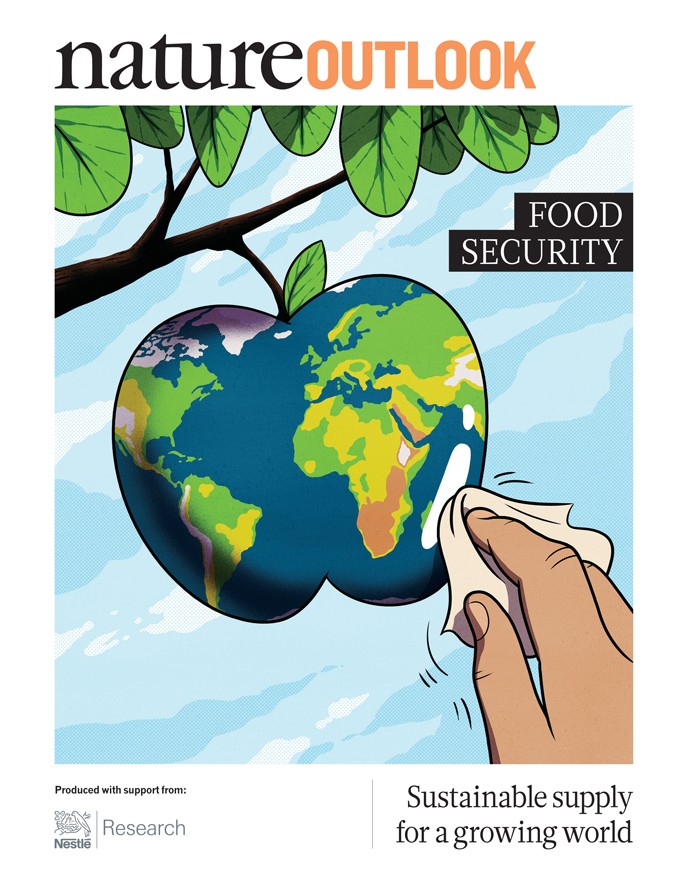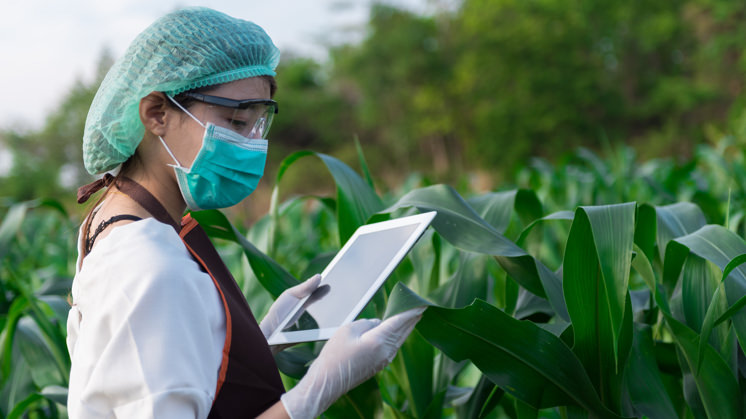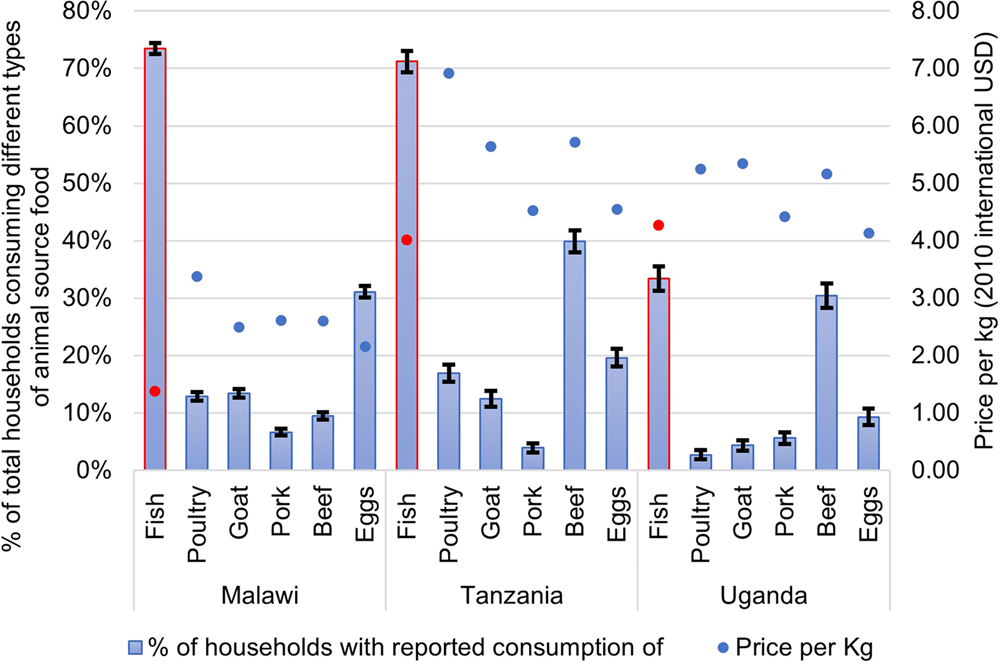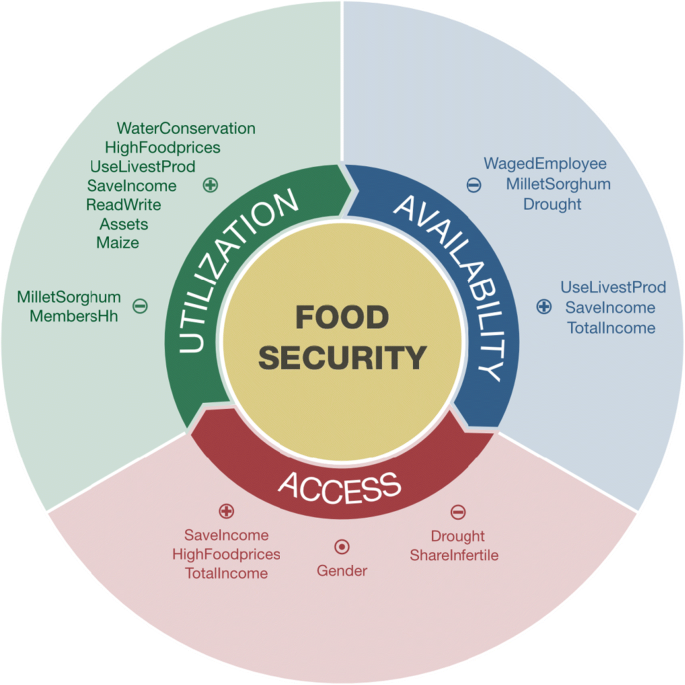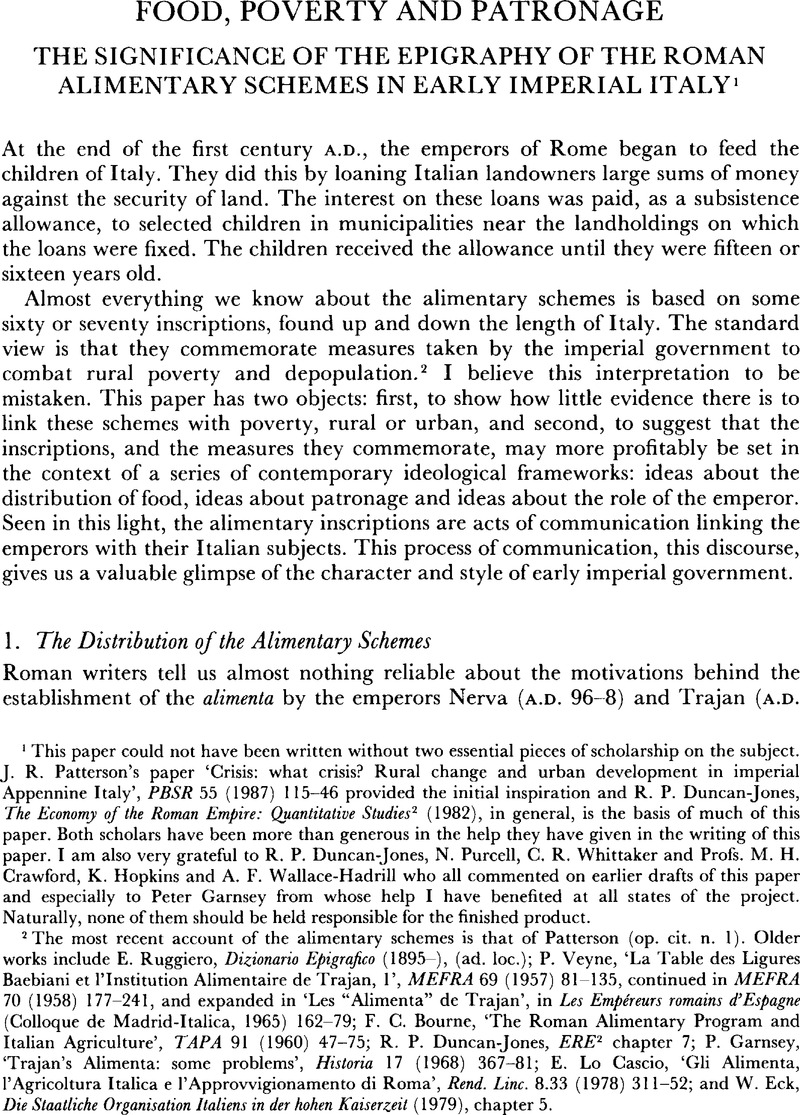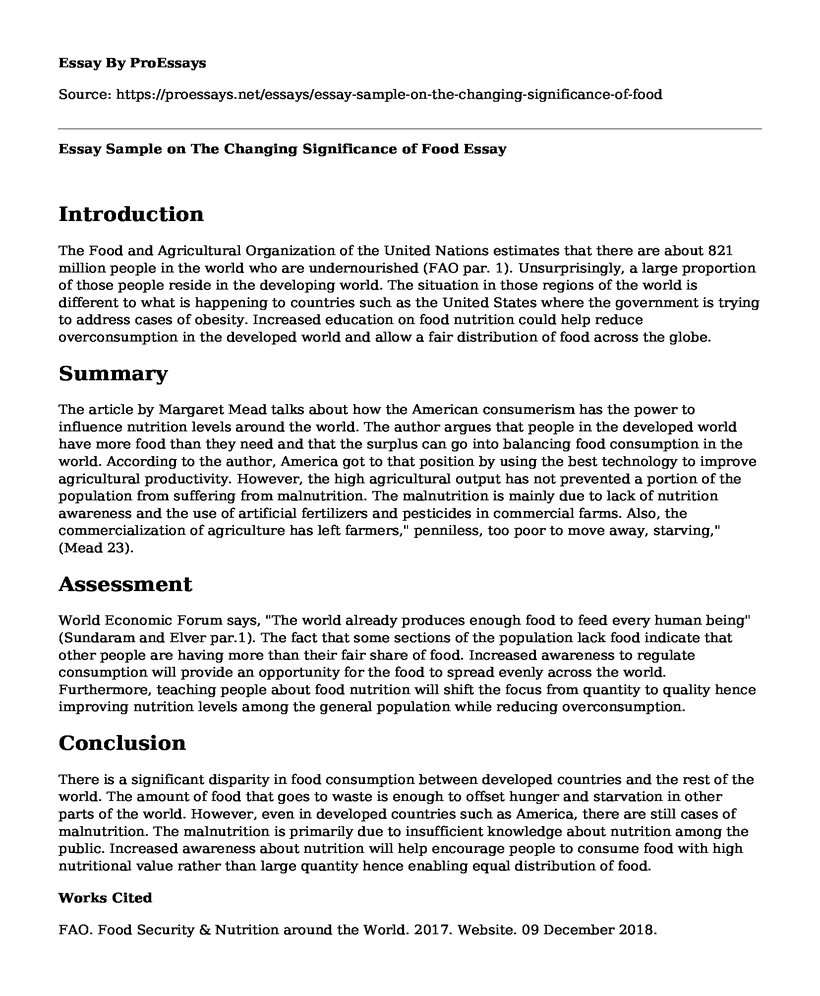Food security refers to the availability, access, and utilization of food in a way that meets the dietary needs and preferences of individuals and populations, while also ensuring that food systems are environmentally, socially, and economically sustainable. It is a crucial aspect of human well-being and plays a significant role in promoting health, reducing poverty, and fostering economic and social development.
One of the most significant benefits of food security is that it helps to ensure that individuals have access to a sufficient and nutritious diet. Poor nutrition can have severe consequences on health, including an increased risk of malnutrition, infectious diseases, and non-communicable diseases such as obesity, diabetes, and heart disease. Ensuring food security can help to reduce these risks and improve the overall health and well-being of populations.
In addition to its impact on individual health, food security is also crucial for reducing poverty and promoting economic development. Hunger and malnutrition can have a negative effect on productivity and economic growth, as individuals who are undernourished often lack the energy and resources to work and contribute to their communities. By improving food security, countries can increase the productivity and economic potential of their populations, which can lead to broader social and economic development.
Furthermore, food security is essential for promoting environmental sustainability. The production, distribution, and consumption of food have a significant impact on the environment, and unsustainable food systems can contribute to climate change, soil degradation, water pollution, and other environmental problems. Ensuring food security in a way that is environmentally sustainable can help to mitigate these negative impacts and protect natural resources for future generations.
Overall, food security is a critical issue that affects the health, well-being, and economic and social development of individuals and populations around the world. Ensuring that food systems are sustainable, equitable, and accessible is crucial for building a better future for all.
